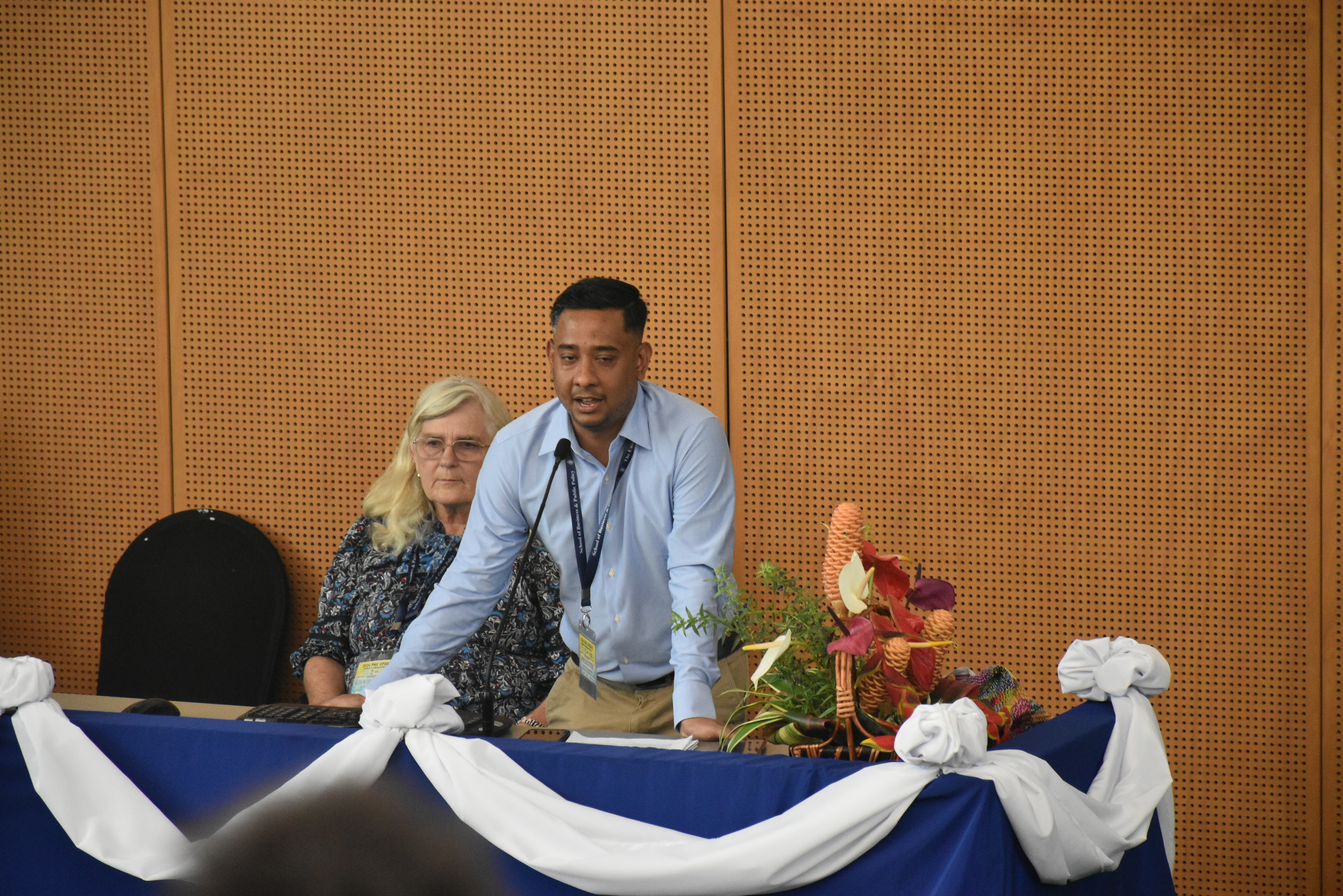MANY women in Papua New Guinea continue to suffer from abuse and domestic violence, often facing significant challenges when seeking justice.
These barriers make it difficult for them to pursue legal action in court.
Subrata Banarjee, a Ph.D. candidate at the Australian National University (ANU), stated that the value of women’s contributions to society and the disadvantages they face when trying to bring their cases to court.
He has introduced several options to help victims access justice services more effectively.
Banarjee identified communication as a major challenge, noting that establishing good communication between police, prosecutors, and victims is crucial.
“In most cases, communication with women is not easy, as some of them do not own mobile phones and cannot be easily contacted,” he said.
He also pointed out the lack of support services for women going to court. “Most women are not familiar with court systems and continuously face struggles,” Banarjee added. He suggested providing legal assistance through a dedicated lawyer assigned to help victims navigate the court process.
Another significant issue Banarjee highlighted is the sensitive nature of many cases, which often leads women to withdraw from legal proceedings, leaving their cases unresolved.
His research categorizes justice services in Papua New Guinea into formal and informal services, with the primary goal of making these services more accessible to women suffering from abuse.
He explained that this can be achieved by effectively utilizing courts, police, village courts, NGOs, and victim support services.

